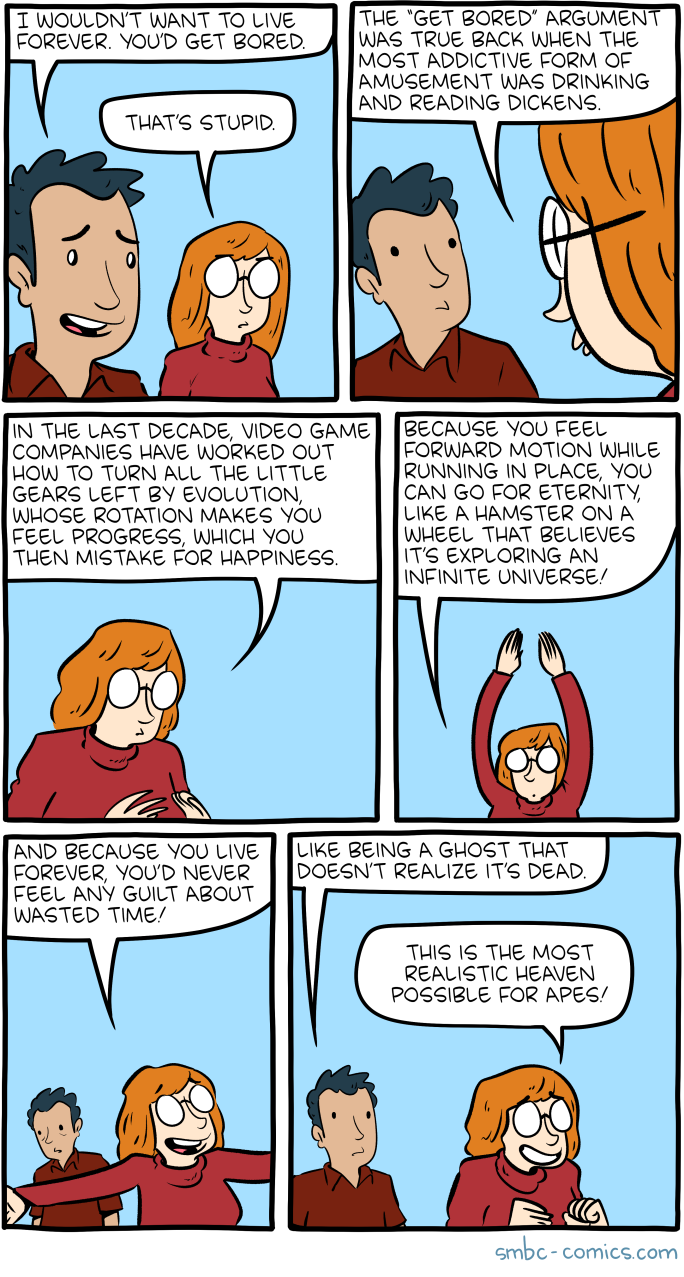Sunday, 30 May 2021 - 8:53am
This week, I have been mostly reading:
- Snopes Debunked the World. Then the World Changed. — Colin Dickey in Medium:
Reading Snopes in the era of urban legends reassured us that the world wasn’t as scary as we thought, but it did more than that. Urban legends also have the capacity to generate shame. Believing them is seductive, but as soon as one is debunked, you might feel dumb and sheepish for thinking you could ever believe it in the first place. Snopes allowed us to feel superior to those who’d been duped while covering up our own gullibility. […] These days, most of the Top 50 stories on Snopes (as of this writing) are explicitly political: rumors, lies, and fabricated screenshots concerning Joe Biden, Alexandria Ocasio-Cortez, Kamala Harris, and Nancy Pelosi. Others are attempts to unravel the still-unfolding story of what happened on January 6, when a conspiracy theory–addled mob launched a treasonous assault on the Capitol. The site still does the work of debunking, but surfing it now is an exercise in exhaustion and dismay. […] These tales remind their listeners that the world is indeed dangerous — Democrats with their socialism, Muslims with their sharia law, Mexicans with their job-taking-what-have-you — but no longer is the message to stay at home with your family and be safe. Instead, they stoke anger, weaponize partisanship, and foster tribalism. These stories are about team-building as much as anything else. And their goal is increasingly to convince you to take to the streets and take back what’s (presumed to be) yours.
- Bored — Saturday Morning Breakfast Cereal by Zach Weinersmith:

- Tony Benn on Revolutionary Christianity — a lecture from 1980 republished in Tribune Magazine:
In this way a bridge was constructed that carried the message of brotherhood and sisterhood from Christianity to secular humanism, a bridge that carried the ethics across but left the creeds behind. Across this bridge there is now a growing two-way traffic of people and ideas. Christians involved in political action cross it one way. Humanists can cross it to go back to the teachings of Jesus and study them. In a theological sense there is a great divide between the Christians on one side and the humanists on the other. But it is impossible to escape the conclusion that over that bridge revolutionary ideas deriving from the Bible and the carpenter of Nazareth have spread to influence hundreds of millions of people for whom the need for neighbourly love within a common humanity is immediately apparent in a way that the mysticism, liturgies, and arid screeds may appear to be less relevant.
- Doonesbury — by Gary Trudeau:
